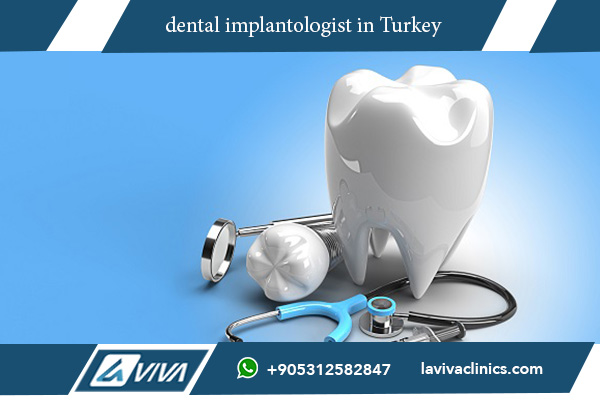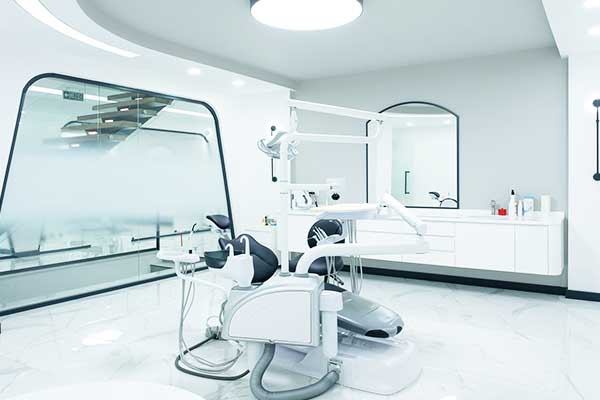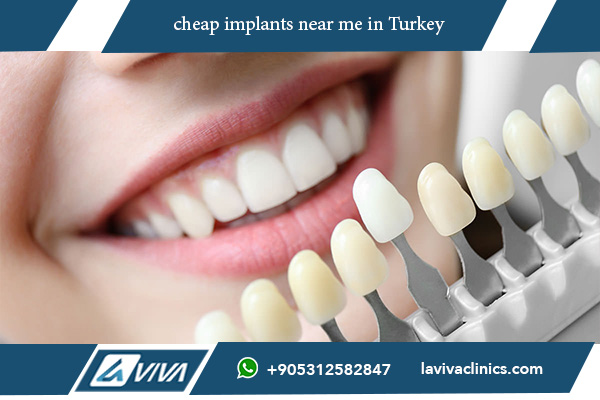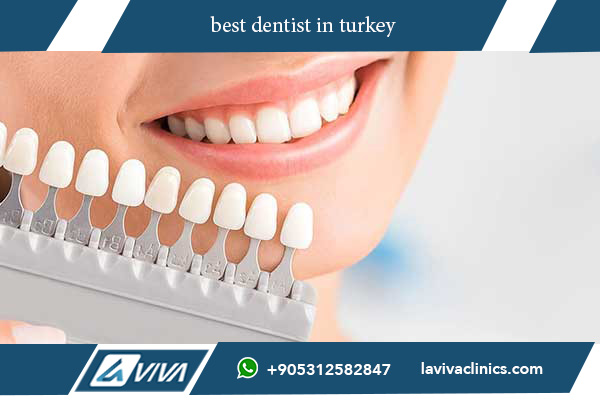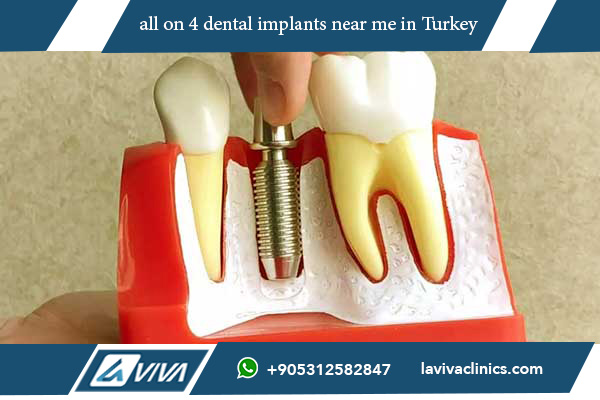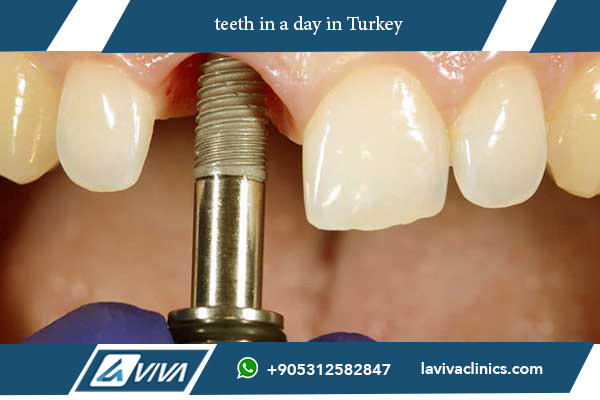10 Tips to Find the Best Dental Implantologist: A Positive Guide
Dental Implantologist in turkey
Losing a tooth can feel like losing a piece of yourself. But don’t worry, a dental implantologist can restore your smile, confidence, and functionality.
In this comprehensive guide, we’ll delve into everything you need to know about dental implants, from selecting the best specialist and clinic to understanding the procedure and costs. This journey is easier than you might think, especially with a guide as detailed and supportive as this one.
Are you looking for the best dental treatment and dental service turkey?
Experience, success experiences, and turkey teeth packages…………………………………….. …..?
Let us help you get healthy, beautiful teeth
What is a Dental Implantologist?
A dental implantologist is a highly trained dentist who specializes in placing dental implants. They restore missing teeth using artificial roots and crowns, making smiles whole again. These professionals possess the expertise and skills required to ensure that the implant integrates seamlessly with your jawbone, providing a sturdy foundation for the new tooth.
Choosing the Best Dental Implantologist
Qualifications and Certifications
When selecting a dental implantologist, the first step is to check their qualifications. Ensure they have the necessary degrees and certifications from recognized dental institutions. This guarantees they have received the proper training and adhere to high standards of practice.
Experience and Specialization
Experience is a significant factor. Look for a specialist who has performed numerous implant procedures, especially complex cases. The more experienced the implantologist, the better the outcomes you can expect.
Patient Reviews and Testimonials
Reading patient reviews and testimonials can provide valuable insights into an implantologist’s skills and bedside manner. Positive feedback from previous patients can be a good indicator of the quality of care you will receive.
Technological Advancements Used
Choose an implantologist who uses the latest technology and techniques. Modern advancements in dental implantology can lead to better results and quicker recovery times.
Consultation and Comfort
Ensure the implantologist offers thorough consultations and makes you feel comfortable throughout the process. A good rapport with your specialist can make the entire experience more pleasant.
Choosing the Best Clinic
Accreditation and Licensing
Select a clinic that is accredited and licensed by relevant health authorities. This ensures the clinic meets strict health and safety standards.
Facility Standards
High standards of hygiene and state-of-the-art facilities are crucial. A well-equipped clinic is better prepared to handle any situation that might arise during the procedure.
Range of Services Offered
Opt for a clinic that offers comprehensive services, including pre- and post-surgery care. This can make the entire process more convenient and less stressful.
Cost and Insurance
Consider the cost of services and whether the clinic accepts your insurance plan. Some clinics also offer financing options to make treatments more affordable.
Location and Accessibility
Choose a clinic that is conveniently located and easily accessible. This can make a significant difference, especially during follow-up visits.
Preparing for the Procedure
Initial Consultation
The journey begins with an initial consultation where your implantologist will review your dental and medical history, and create a detailed treatment plan. This step is crucial for customizing the procedure to fit your specific needs.
Medical and Dental History Review
Your implantologist will conduct a thorough review of your medical and dental history. This helps in identifying any potential risks and planning the procedure accordingly.
Pre-Surgical Instructions
Follow specific instructions regarding diet, medication, and oral hygiene before surgery. These preparations are vital for a smooth procedure and recovery.
Diet and Medication Guidelines
Adhere to guidelines on eating and medication to ensure you are in the best possible condition for the procedure. Your implantologist will provide detailed instructions to follow.
Dental Implant Procedure Steps
Initial Consultation and Planning
A detailed assessment and planning session with your implantologist will set the stage for your treatment. This is where all your questions are answered, and the roadmap for your procedure is laid out.
Bone Grafting (if needed)
In some cases, a bone graft might be necessary to provide a solid foundation for the implant. This step involves enhancing the bone structure in your jaw.
Implant Placement Surgery
The surgical insertion of the implant into the jawbone is the next step. This procedure is performed under local anesthesia, ensuring you are comfortable throughout.
Healing and Osseointegration
Post-surgery, the implant undergoes osseointegration, where it fuses with the jawbone. This period is critical for the stability and success of the implant.
Abutment Placement
Once the implant has integrated with the bone, an abutment is attached. This serves as the connector between the implant and the final restoration.
Final Restoration (Crown Placement)
The final step is the placement of a crown or prosthetic tooth. This completes the process, giving you a natural-looking and fully functional tooth.
Stages of Healing
Immediate Post-Surgery Care
After the surgery, follow your implantologist’s instructions for immediate care. This includes managing swelling, bleeding, and discomfort.
Short-Term Healing
The initial healing phase typically lasts a few weeks. During this time, it’s essential to maintain good oral hygiene and follow dietary recommendations.
Long-Term Healing
Complete healing and integration can take several months. Regular follow-up visits are necessary to monitor progress and address any issues.
Signs of Successful Healing
Successful healing is indicated by the absence of pain and swelling, and the stability of the implant. Your implantologist will confirm this during follow-up visits.
Potential Complications
Be aware of potential complications, such as infection or implant failure. Early detection and treatment are crucial for resolving these issues.
Post-Procedure Care
Oral Hygiene Practices
Maintaining excellent oral hygiene is essential to ensure the longevity of your implant. Brush and floss regularly and use an antiseptic mouthwash if recommended by your implantologist.
Diet and Nutrition
Follow a diet that supports healing. Avoid hard or sticky foods and opt for soft, nutritious options that are easy to chew.
Follow-Up Visits
Regular check-ups with your implantologist are necessary to monitor the implant’s condition and address any concerns.
Managing Discomfort and Pain
Manage any discomfort or pain with over-the-counter medications as advised by your implantologist. If pain persists, contact your specialist.
Recognizing Signs of Infection
Be vigilant for signs of infection, such as increased pain, swelling, or discharge. If you notice any of these symptoms, seek medical attention promptly.
Costs and Pricing
Cost Breakdown
Understanding the cost breakdown of the procedure can help you plan financially. Costs typically include the initial consultation, implant placement, abutment, and crown.
Factors Affecting Costs
Several factors can influence the total cost, such as the complexity of the case, the need for additional procedures like bone grafting, and the materials used.
Insurance Coverage
Check with your insurance provider to see what aspects of the procedure are covered. Dental implants are often considered elective, so coverage might be limited.
Payment Plans and Financing Options
Many clinics offer payment plans and financing options to make the treatment more affordable. Discuss these options with your clinic during the consultation.
Comparison Tables of Dental Implantologist
Types of Dental Implants
| Type | Description | Cost (Türkiye) | Cost (USA) | Cost (UK) |
|---|---|---|---|---|
| Endosteal Implants | Most common type, placed in the jawbone | $1,000 | $3,000 | £2,500 |
| Subperiosteal Implants | Placed under the gum but above the jawbone | $1,200 | $3,500 | £2,800 |
| Zygomatic Implants | Used when there is insufficient jawbone | $2,000 | $5,000 | £4,000 |
Techniques Used in Implantology
| Technique | Description | Cost (Türkiye) | Cost (USA) | Cost (UK) |
|---|---|---|---|---|
| Traditional Implants | Standard procedure with multiple visits | $1,500 | $4,000 | £3,200 |
| Immediate Load Implants | Implants and temporary tooth in one visit | $2,000 | $5,000 | £4,200 |
| Mini Implants | Smaller, less invasive implants | $1,200 | $3,500 | £2,800 |
Cost Comparison: Türkiye vs. Other Countries
| Procedure | Cost (Türkiye) | Cost (USA) | Cost (UK) | Cost (Germany) | Cost (Australia) |
|---|---|---|---|---|---|
| Single Tooth Implant | $1,000 | $3,000 | £2,500 | €2,800 | AUD 3,800 |
| All-on-4 Implants | $5,000 | $15,000 | £12,000 | €14,000 | AUD 18,000 |
| Full Mouth Implants | $20,000 | $60,000 | £50,000 | €56,000 | AUD 75,000 |
Advantages of Laviva Clinics Guide
Laviva Clinics offers a comprehensive guide to the best dental clinics and implantologists in Turkey. With a focus on patient satisfaction, they provide access to accredited hospitals and experienced doctors. Laviva Clinics ensures you receive the best care possible, from consultation to post-procedure support.
Always keep in mind that in Laviva Clinics guide we offer you the best clinics, doctors, and packages with comprehensive prices and special offers. For more information, get a free consultation on the number 00905312582847.
With this guide, you’re well-equipped to embark on your journey to a brighter smile with confidence and clarity.
